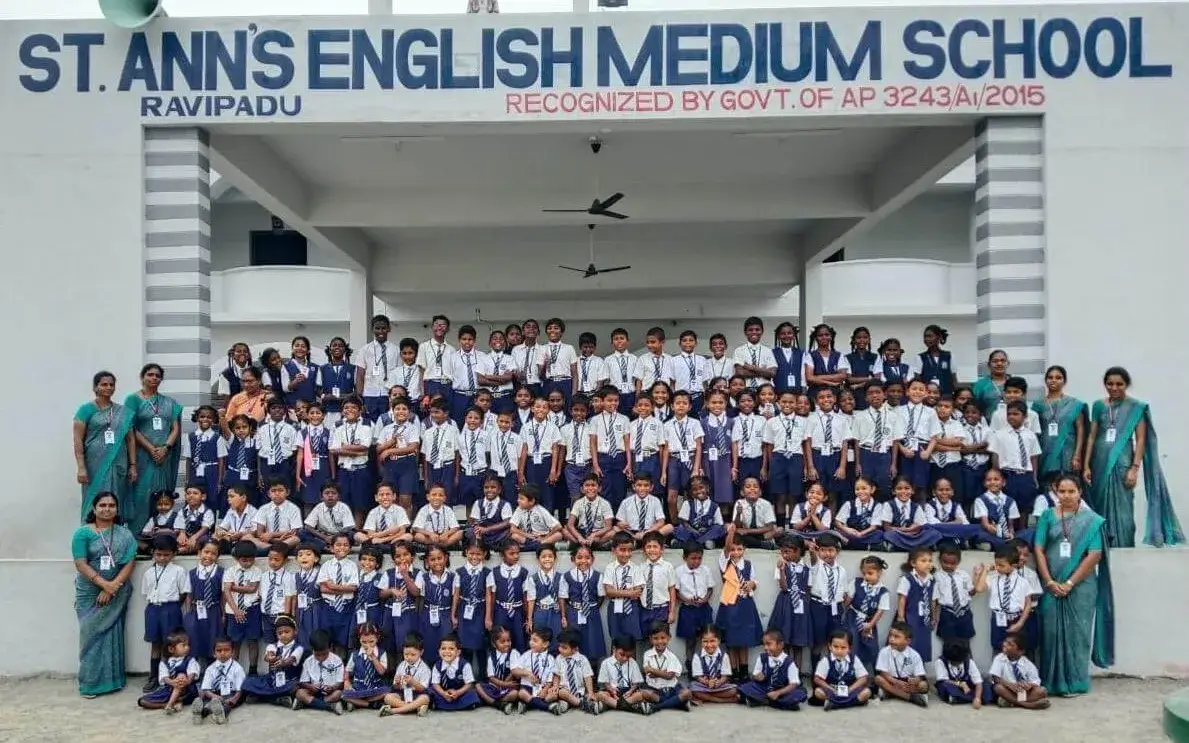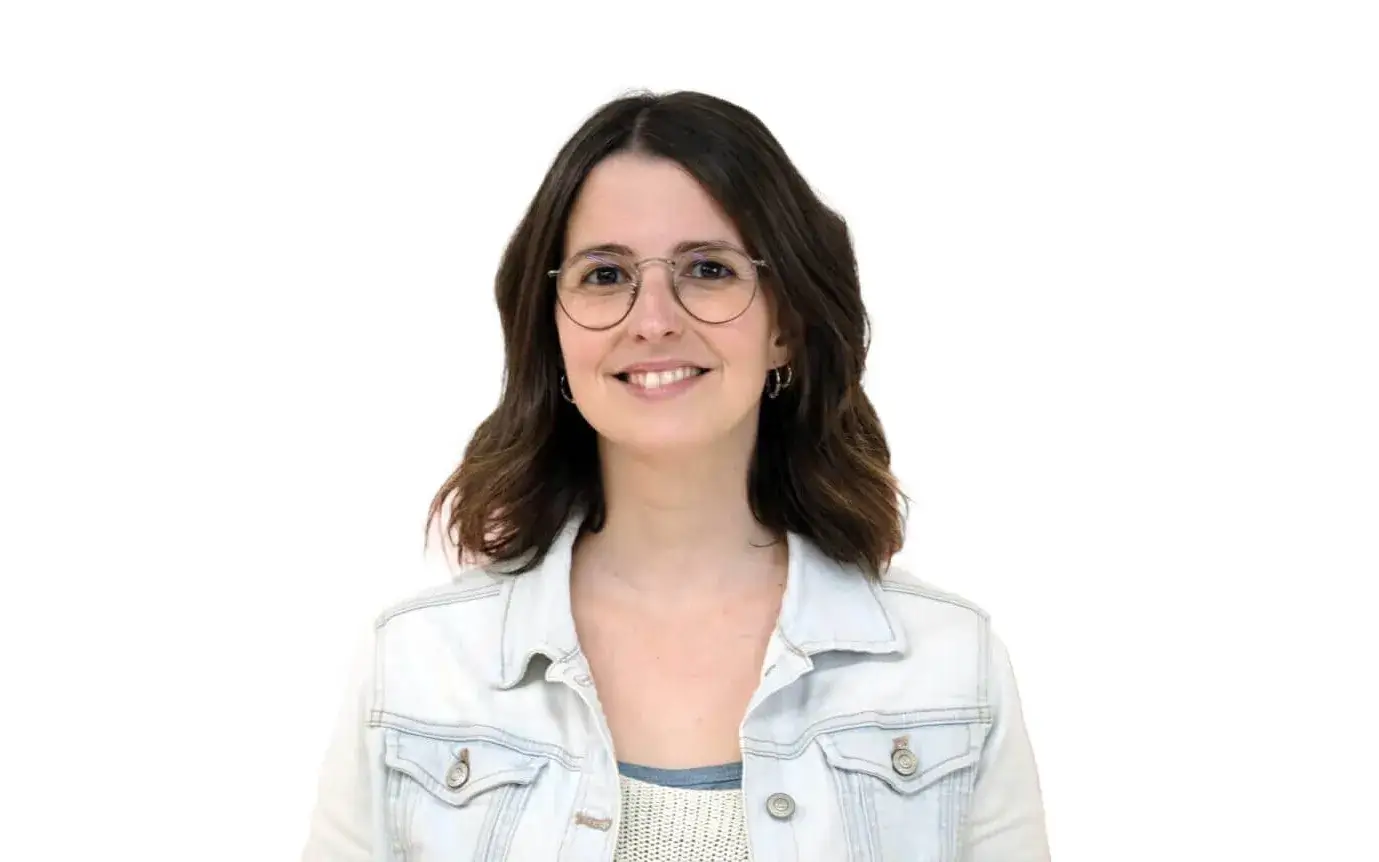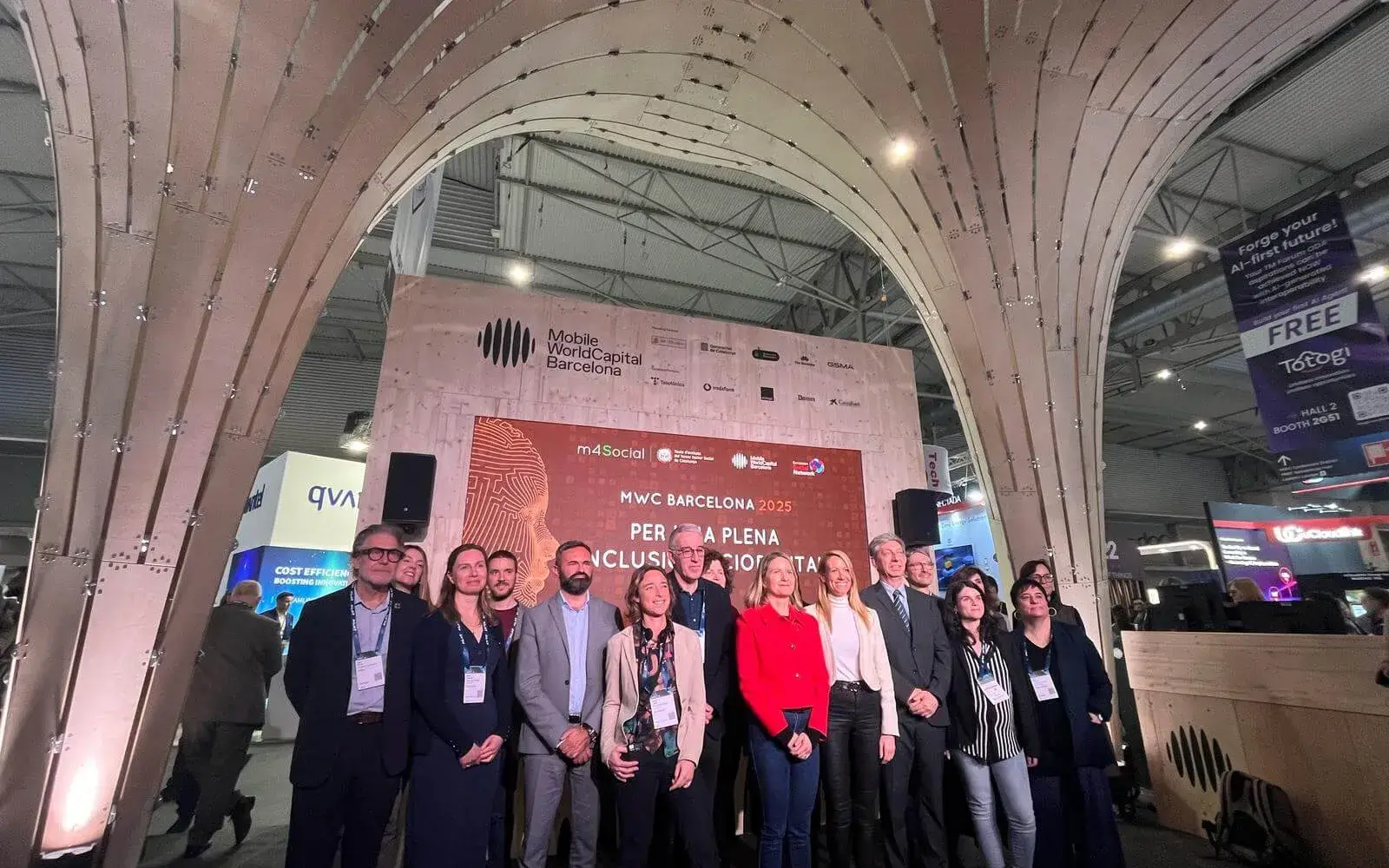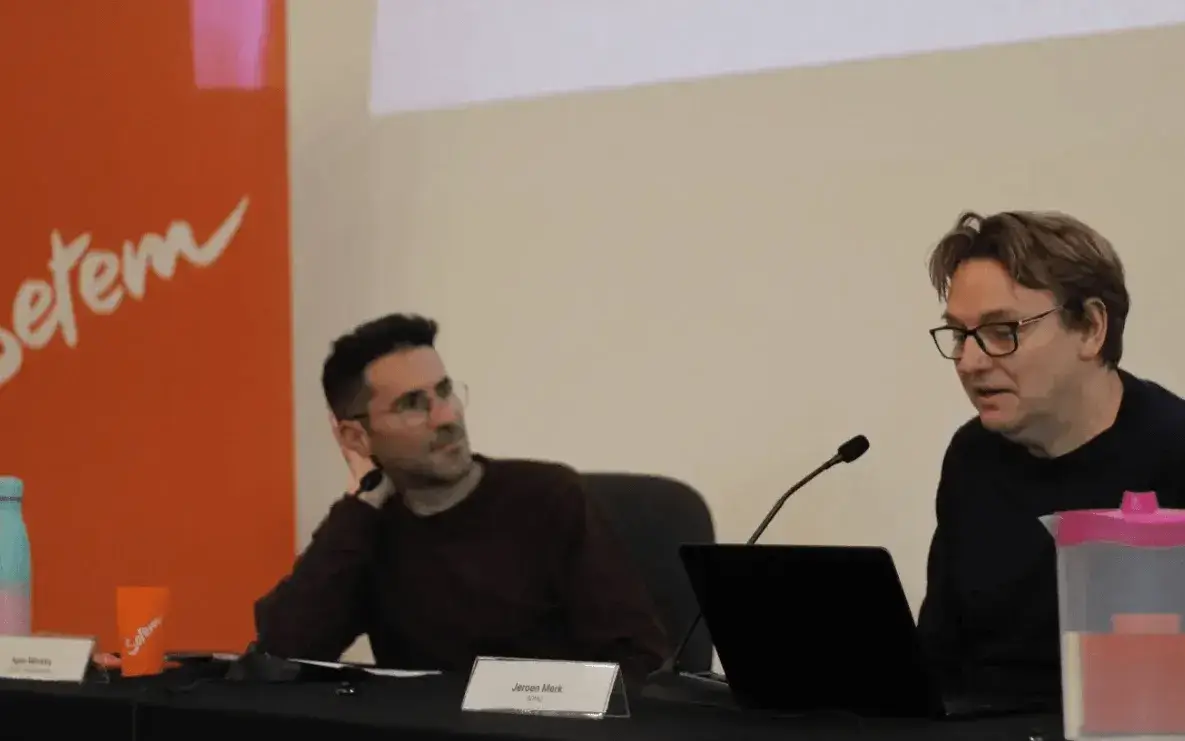The meeting 'Living with technology: innovation in education' has brought together experts in education and technology from all over Europe in Barcelona.
Technology is present in almost all spheres of our lives, from the household appliances we have at home, to the public transport we take to go to work every morning, through the mobile phone we all have in our pockets . All these everyday objects have in common that they work thanks to the software they carry.
Daily contact with technology is therefore almost inevitable , but at the same time, very few people have the knowledge to understand how this software works , to design and develop it, and thus communicate with technology . In recent years, in fact, programming has started to be present more and more in educational curricula and is already considered by many experts and organizations as a new basic competence , together with reading and writing. The challenge now is to be able to make all the rascals have access to programming knowledge regardless of their economic and social situationor relative _
Precisely with the objective of democratizing the learning of computational thinking , various entities from all over Europe have joined in the Computer Science For All project, better known for the its acronym CS4ALL . It is an Erasmus + initiative that brings together the Portuguese organization ENSICO , the technological cooperative Colectic , based in the Raval neighborhood, in Barcelona, and the Open University – CISCO ASC in Milton Keynes, in England.
The entities promoting the project met this week at the Social Hub of the Bofill Foundation as part of the day 'Living with technology: innovation in education', organized by Colectic, which also had the participation of from several representatives of public institutions and Catalan social entities who shared their own experiences related to learning computational thinking.
The new 'trivium' of education
The day began with the presentation of the results of the CS4ALL project by Luís Neves and Inês Guimarães , from the Portuguese entity ENSICO. ENSICO highlighted the importance of combining formal , non-formal and informal education when teaching and acquiring computational skills.
Neves invited the attendees to "travel back in time to the Middle Ages" to find out what the foundations of knowledge were then. "During the Middle Ages," explained Neves, "the three main disciplines were grammar , rhetoric and logic . " Three branches of knowledge that, as Neves continued to comment, formed what is known as the ' trivium ' (the three ways) of knowledge.
Now, however, continued Luís Neves, these paths have changed and "grammar has become the knowledge of our mother tongue, logic has been replaced by mathematics and, what about rhetoric? " . In the digital age, rhetoric, as explained by the person in charge of the project, refers to human interactions, but also encompasses those dialogues that are established between people and machines .
Computing , therefore, has taken the place that rhetoric had in the medieval 'trivium' . "It is for this reason that we have created a whole project, from scratch, to bring this knowledge to schools, to talk about the concepts and knowledge associated with programming, beyond machines," Neves said.
Next, Inês Guimarães, also from the ENSICO organization, explained how the program was being implemented in Portuguese schools, where the focus has been on introducing the concepts of computational thinking through stories "of princesses , castles and dragons" so that, in this way, the villain establishes an emotional bond with the characters, while learning concepts. Guimarães presented two of the protagonists of these stories, the booklets Flip – which transforms the zeros into ones and the ones into zeros – and Keep – which keeps the numbers as they are.







Add new comment